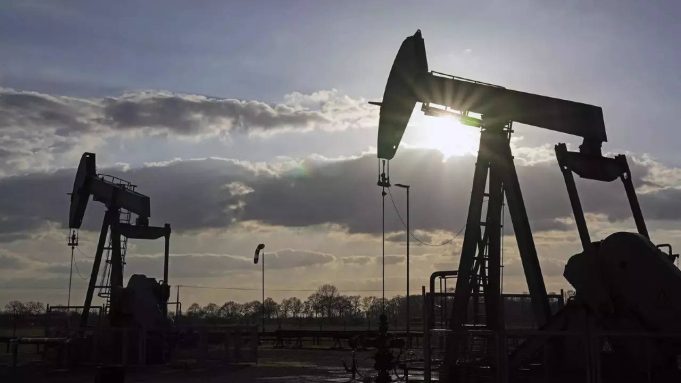FRANKFURT Germany: In an effort to reduce its reliance on Moscow for energy and as retaliation for its invasion of Ukraine. Europe put a ban on Russian diesel gasoline and other refined oil products on Sunday.
The Group of Seven allied democracies also agreed on a price cap in addition to the ban. The objective is to prevent a sharp price increase that would harm consumers worldwide. And maintain the flow of Russian diesel to nations like China and India. While limiting the earnings that support Moscow’s military effort and budget.
Diesel is essential for the economy since it powers vehicles, goods-transporting trucks, farm machinery, and industry equipment. Due to restrictions on exports and recovering demand during the COVID-19 outbreak, diesel prices have increased.
As the 27-nation European Union seeks out new fuel supplies from the United States. The Middle East, and India to replace those from Russia. Which once supplied 10% of Europe’s entire demand for diesel, the new restrictions raise questions about costs. These are farther trips than those from Russian ports, straining the tankers that are available.
Prices may also rise as a result of renewed Chinese demand. As the country’s economy strengthens following the lifting of the harsh COVID-19 restrictions.
The $100 per barrel price cap for gasoline, jet fuel, and diesel will be enforced by prohibiting insurance companies and transportation companies from handling diesel priced above the maximum. The majority of the businesses are in western nations.
It is meant to function similarly to the $60 per barrel cap on Russian crude oil. That went into effect in December. Later, the oil and diesel lids may both be tighten.
According to Thomas O’Donnell, a global fellow with the Washington-based Wilson Center, “Once we have these price caps set. We can squeeze the Russian price and deny them, deny (President Vladimir) Putin money for his war. Without a price spike that’s going to hurt Western economies and developing economies.”
Due to its setting at about what Russian diesel is now selling for. The diesel price cap won’t take effect right away. Finding new clients will now be Russia’s biggest issue rather than getting around the price cap. The cap, however, attempts to prevent Russian benefits from any unexpected price increases in products made from refined oil.
According to analysts, prices may initially increase as markets adjust to the adjustments. However, they assert that if the cap functions as designed and Russian diesel continues to flow to other nations. The embargo shouldn’t result in a price increase.
According to the weekly oil market data published by the European Commission. The price of diesel gasoline at the pump has been stable since the beginning of December. Costing 1.80 euros per liter ($7.37 per gallon) as of Jan. 30.
According to the executive commission of the European Union’s weekly oil market report. As of January 31, gas prices in Germany, the EU’s largest economy, dropped 2.6 cents to 1.83 euros ($7.48) a liter.
In order to avoid upsetting markets. The restriction allows for a 55-day grace period for diesel carried on tankers prior to Sunday. According to representatives of the European Union, importers have had time to prepare since the embargo was announce in June.
Russia made over $2 billion from diesel sales to Europe in just December. And importers seem to have stockpiled up ahead of the ban with further purchases.
Russia has already had its coal and most of its crude oil banned by Europe. While most of its natural gas exports have been stopped by Moscow.















